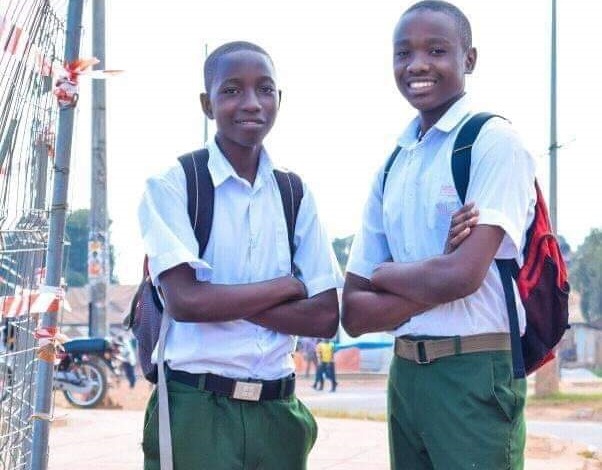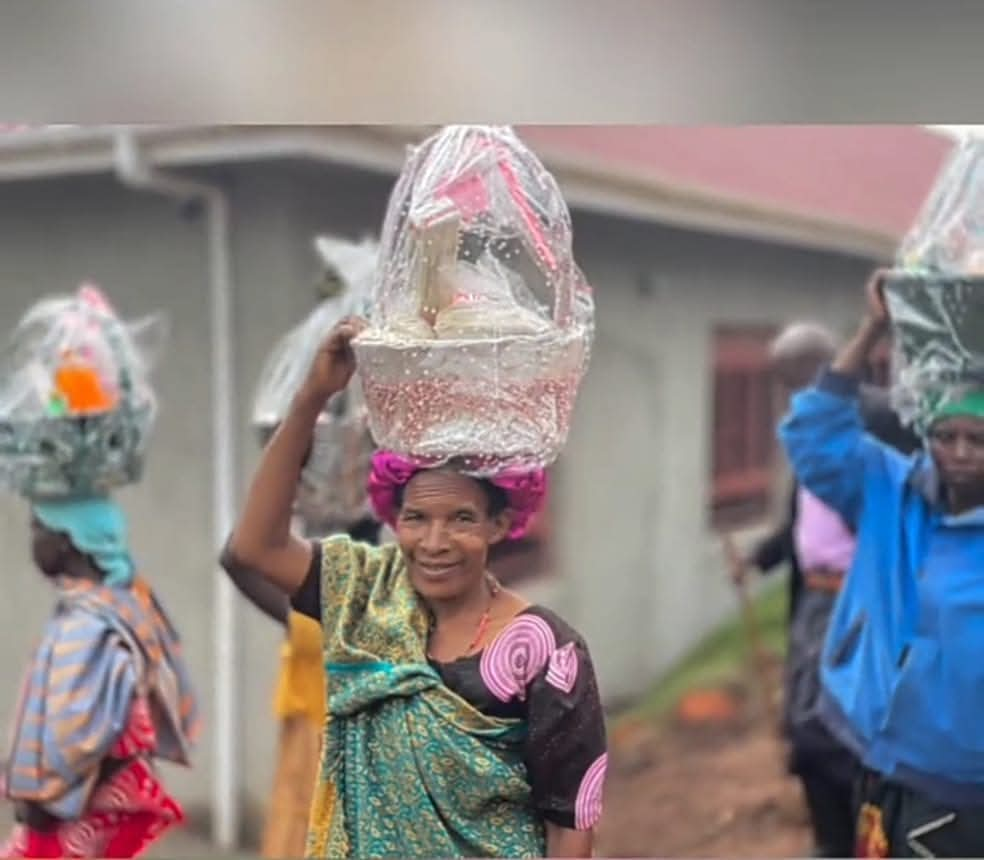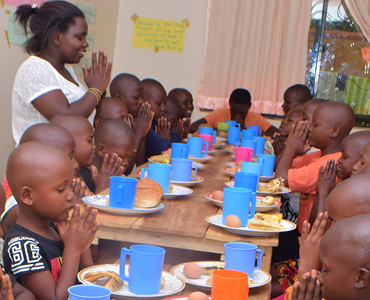University
We celebrate a story of resilience, transformation, and hope. Samuel and Cent, once street-connected children navigating the harsh realities of life without a home, are now stepping into a new chapter as university students. Their journey has not been easy, but through determination...
Read More






